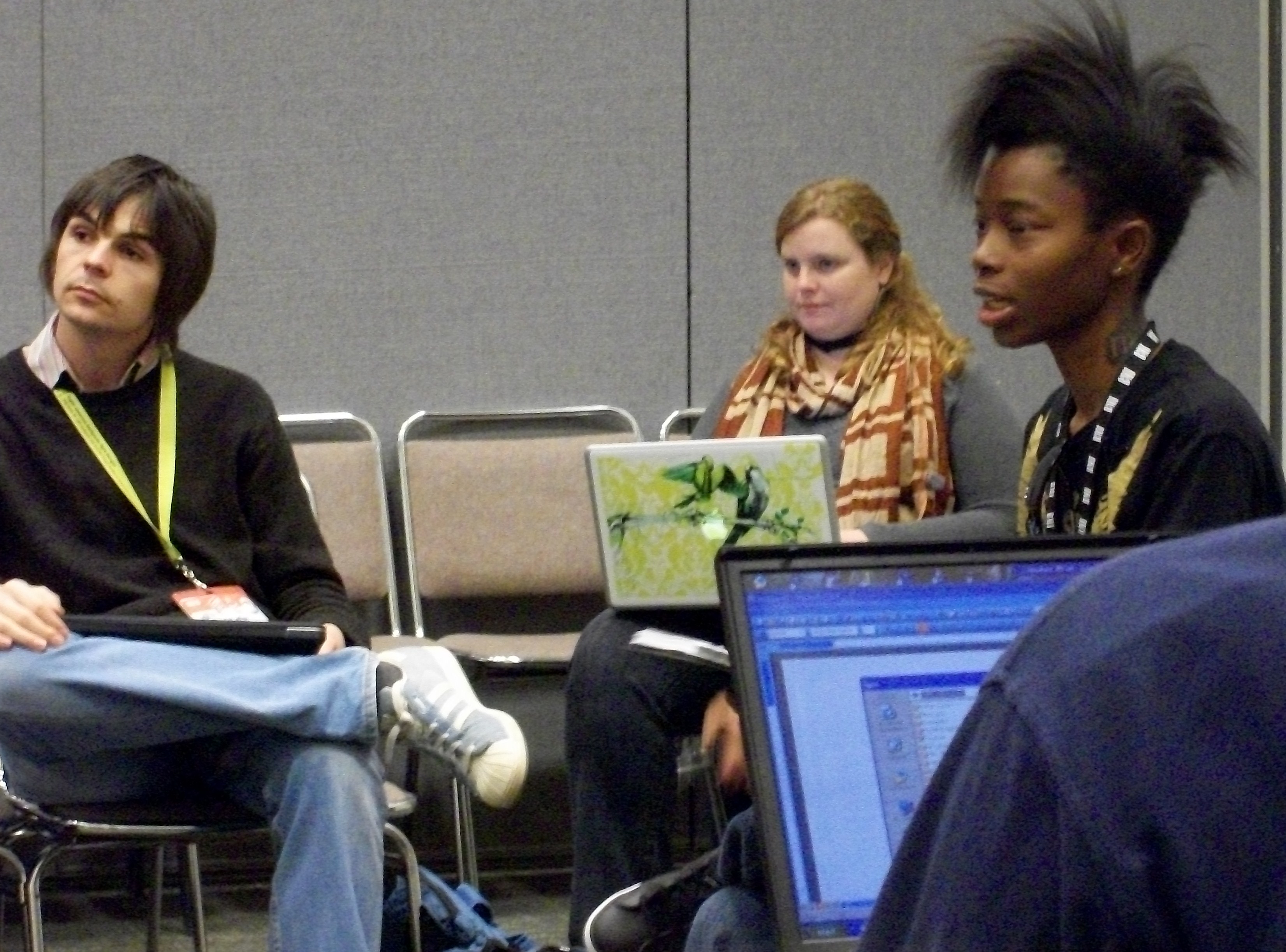 With the arrival of the Internet and social networks a new question has arised — What happens to your digital assets when you pass away? Does your family or your significant other have the right to receive your password to your Facebook, Twitter and Gmail accounts?
With the arrival of the Internet and social networks a new question has arised — What happens to your digital assets when you pass away? Does your family or your significant other have the right to receive your password to your Facebook, Twitter and Gmail accounts?
Corvida Raven, SheGeeks, presented her core conversation during SXSW Interactive. Your Online Identify After Death and Digital Wills presented the issues to attendees, informed users of their rights and what he or she can do to try prevent the moral and legal limbo that can result from a person’s death.
Many sites including Hotmail and Gmail must first have proof that the user has passed away and must also have some form of verification that the person wanting to access the account is next of kin. Once all the appropriate steps have been taken then the sites will only allow the next of a kin access to the account in the form of print outs of the emails and messages, but will not give the actual password.
In the case of Hotmail, the site will offer the next of kin the opportunity to receive a CD filled with the email messages. Yahoo is the strictest with the email service. Once Yahoo is notified that the person has passed away, the company will then immediately delete the email account without letting next of kin the access to any messages at all.
Many issues arise with these policies. The next of kin will not be given the passwords to email accounts and social networking accounts because of privacy issues. A family member could try to have a court order issued to have the password handed over, but many states do not recognize digital assets i.e. Facebook profiles and passwords.
Facebook has the opportunity to have a profile memorialized. At this point, a profile will last forever and will have notice on the profile that says the profile has been memorialized. The issue that arises with this service is that a family member or next of kin isn’t the one who has to have this happen to a profile. Any person with personal information and prove that the user has died can have a profile memorialized and it will not be lifted until Facebook has prove that the person is actually alive.
Raven presented the online services to users that may prevent some of the questions and issues that could arise. Legacy Locker allows user to store important information about their digital property and let it available to their family and friends once he or she passes away.
Some panel attendees talked of a service that allowed a user to set up automatic updates that would be sent to their email address or Facebook profile and allow he or she to update their profile even when they have passed away.
With the evolving world of the Internet and social networking comes the debate about what will happen to all these things once we have all passed away and what rights the users and their family members have. When will we have the answers if ever? What do you believe should happen to our digital identity once we pass?
**Interview conducted by Lesley Ornelas
**Interview filmed by Jesse Orona

Permalink
Obviously, there are many issues that are still needing to be figured out regarding legal aspects of the Internet. Identity theft is such a hot issue. I can only imagine the fears that some providers harbor regarding access they might allow to relatives. However, I am heartened by the fact that at least one social media site has a memorialization technique. (And disheartened that Yahoo just deletes the account without any other action.) Facebook’s procedure should be mimicked, in some fashion, by email hosts. At the point of implementation, an email could be broadcast to all in the contacts list, thereby notifying everyone of the reason their most recent notes had not been answered.
We all have a type of memorialization because our identities are scattered in many different phases, ways and sites on the WWW. But it would be nice to know that something that we have designed and created on purpose, to be shared with friends and family, should outlast us as our own lasting testament as to who we were.
We have a long way to go to try to address the legal issues regarding personal accounts. With the rate that new things are always coming up, I am not certain that we’ll ever get caught up. However, we need to be create and try.
Maureen Schein
Permalink
Our service VitalLock is a secure messaging platform that encrypts content *before* putting it into the cloud. Messages created with VitalLock can be designated for delivery to another person in an event such as a disaster, disability, detention and yes, death. Better yet, it’s free for life https://VitalLock.com Regards, Bob Stewart Founder
Permalink
I am glad that Facebook memorializes your page when you pass away. It would be unfortunate if all of your pictures and memories got deleted. On the other hand I think it is kind of weird that family members would want a print out of all of your emails. Are Emails that were once private from other people (who are still living) now given to the kin?
Do users have the right to choose what happens to their emails and Facebook when they pass away. I think it would be nice to have the choice.
Permalink